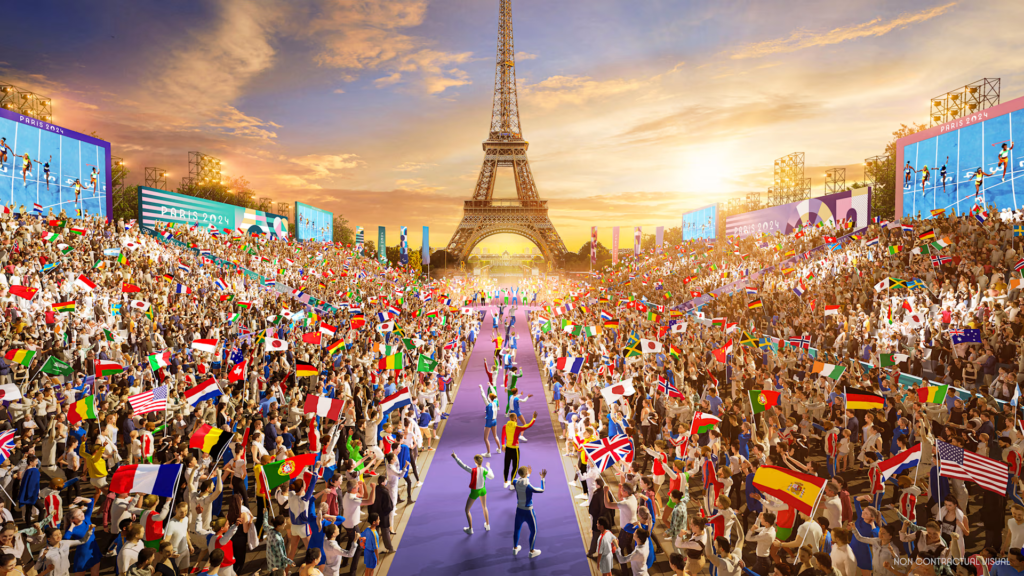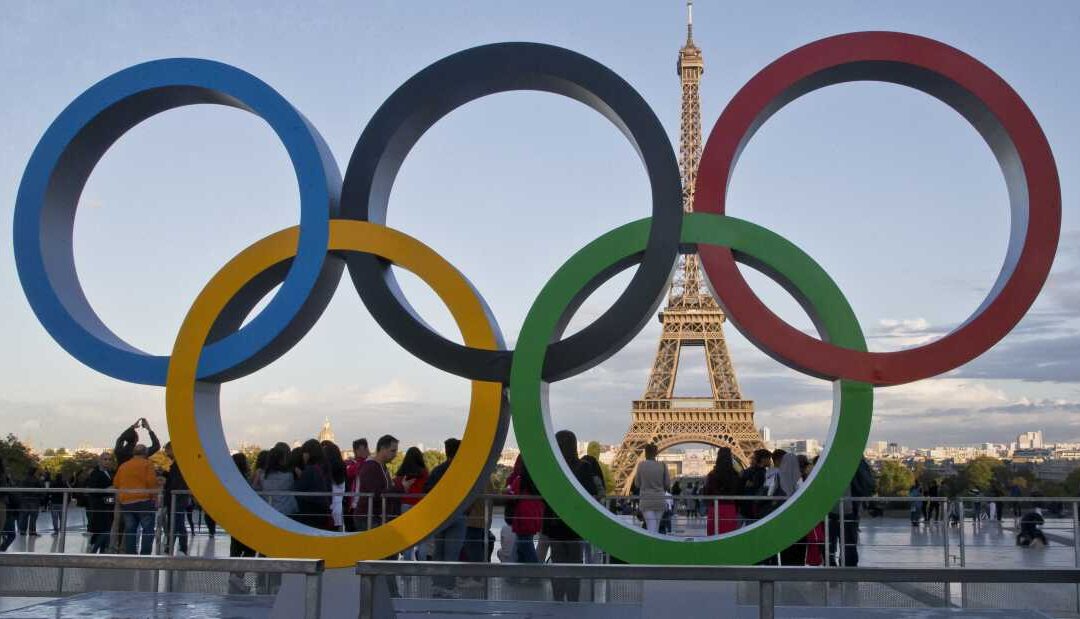
The Paris 2024 Olympics have hit a snag due to unexpected water quality issues in the Seine River. Originally scheduled for today, the men’s triathlon has been postponed as officials grapple with high levels of bacteria in the famed waterway. Here’s what you need to know about this developing situation and its impact on the Olympic events.
Water Quality Issues Lead to Triathlon Postponement
The Seine River, which was set to be the venue for the triathlon’s swimming segment, is currently grappling with significant pollution concerns. Organizers have decided to delay the men’s triathlon, originally planned for Tuesday, in hopes that a recent extensive cleanup will improve the water quality. The new target date for the event is Wednesday, although this is contingent upon favorable water test results.
Weather Woes and Their Impact on Rescheduling
Paris has been facing uncooperative weather lately, with storms and rain predicted to continue through Thursday. These conditions could exacerbate the water quality issues, as rain typically increases bacteria levels in the Seine. The city experienced heavy rain during the Olympic opening ceremony, which has likely contributed to the current predicament.

Efforts and Investments in Water Cleanup
Paris has invested a staggering 1.4 billion euros (approximately $1.5 billion) into cleaning up the Seine River. This substantial investment aimed to make the river suitable for Olympic swimming events, including the triathlon and marathon swimming competitions. Measures included building a massive basin to capture excess rainwater, renovating sewer systems, and upgrading wastewater treatment facilities.
Read Also: Braves Reunite with Jorge Soler and Luke Jackson in High-Stakes Trade with Giants
Health and Safety First
The primary concern driving the postponement is the health and safety of the athletes. Current E. coli levels in the river exceed acceptable limits, with some sites measuring between 980 to 1,553 colony-forming units per 100 milliliters—well above the safe threshold of 900 units. Elevated E. coli levels can signal sewage contamination, posing risks such as gastrointestinal infections and other health issues.
The City’s Response and Future Prospects
Aurélie Merle, Paris 2024’s Director of Sports, acknowledged the unfortunate timing but emphasized that the overall project remains robust. She highlighted the city’s pride in its efforts to improve water quality and ensure a positive legacy for Parisians. Paris Deputy Mayor Pierre Rabadan echoed this sentiment, noting that while the trend in water quality is improving, it is not yet within the required safety limits.

Impact on Upcoming Events
The rescheduling of the men’s triathlon has implications for other planned events. The women’s triathlon, also scheduled for Wednesday, will proceed only if water quality meets the necessary standards. The mixed relay triathlon on August 5 and the marathon swimming events on August 8 and 9 may also be affected, depending on how the situation evolves.
Read Also: Historic Bronze for U.S. Men in Gymnastics: A Triumph 16 Years in the Making
Conclusion: A Waiting Game for Athletes and Organizers
For now, both athletes and organizers are in a holding pattern, awaiting further water quality tests to determine the next steps. The situation underscores the challenges faced by host cities in ensuring the safety and success of large-scale international events. As Paris continues to work on resolving these issues, all eyes will be on the Seine River to see if it will be ready in time for the rescheduled triathlon events.
In the meantime, the commitment to improving the Seine’s water quality remains strong, with ongoing efforts to address the pollution issues. The ultimate goal is to provide a safe and memorable experience for athletes and spectators alike while leaving a lasting positive impact on the city’s environmental legacy.












